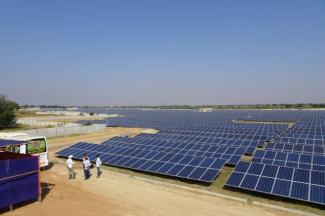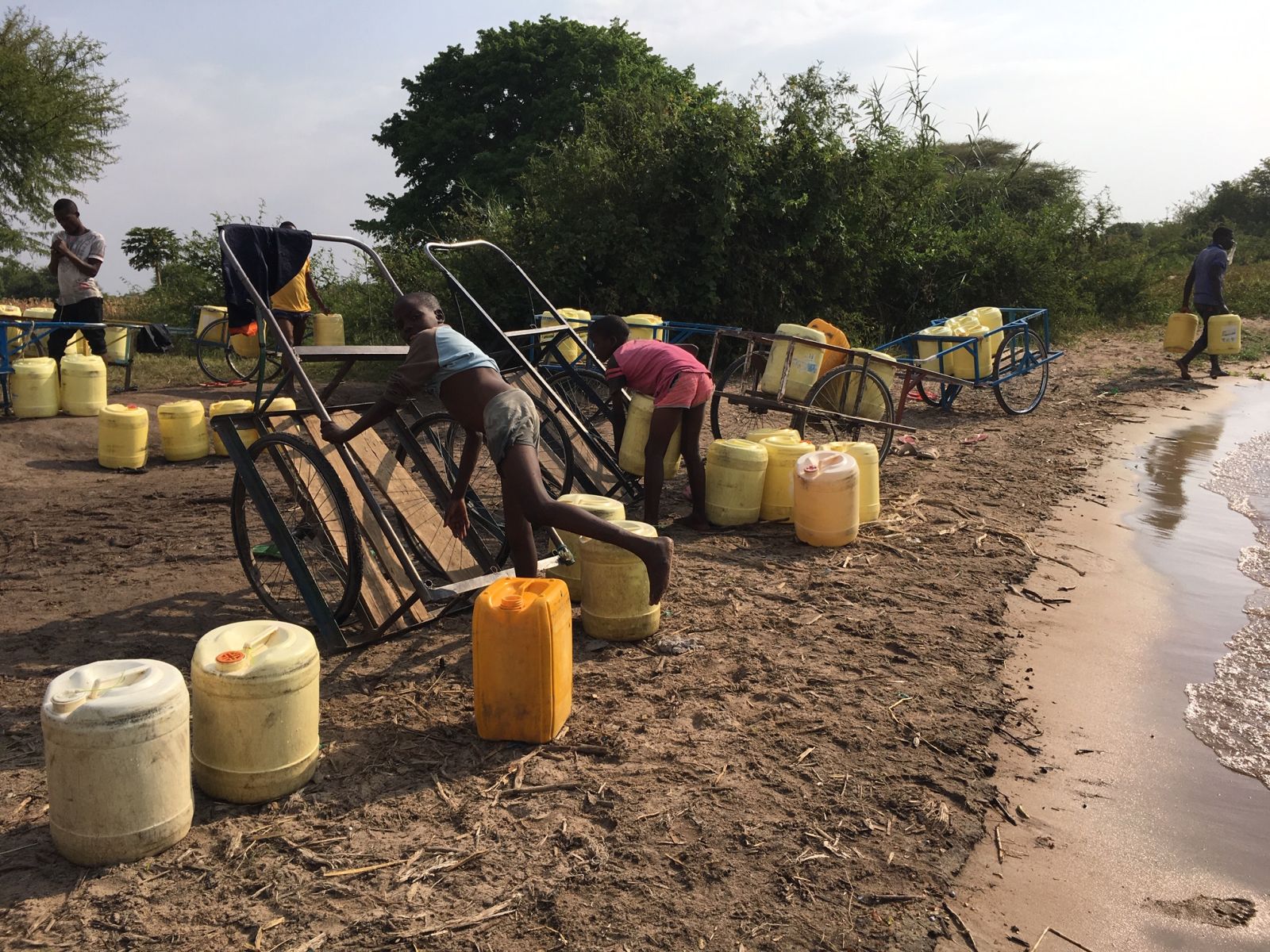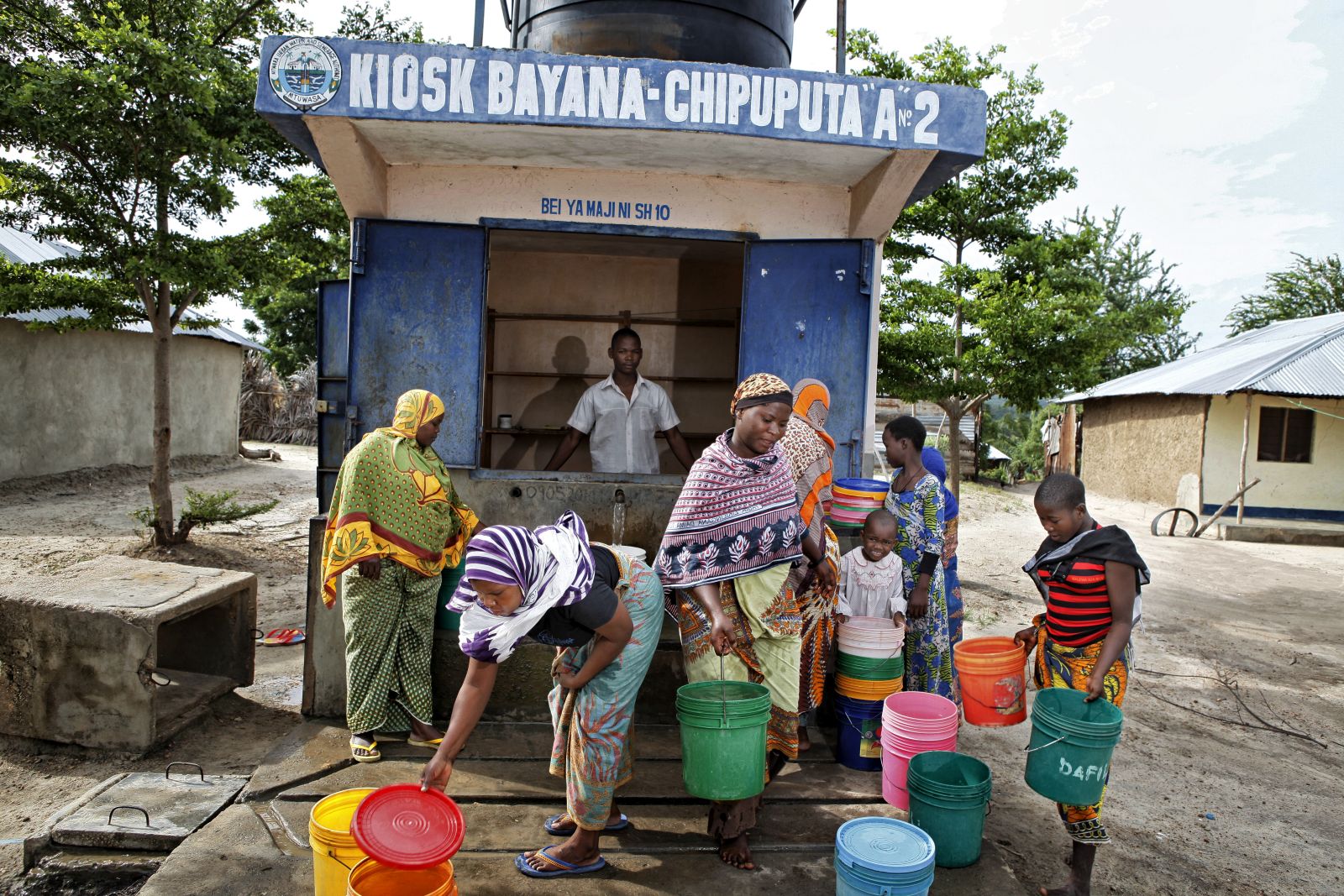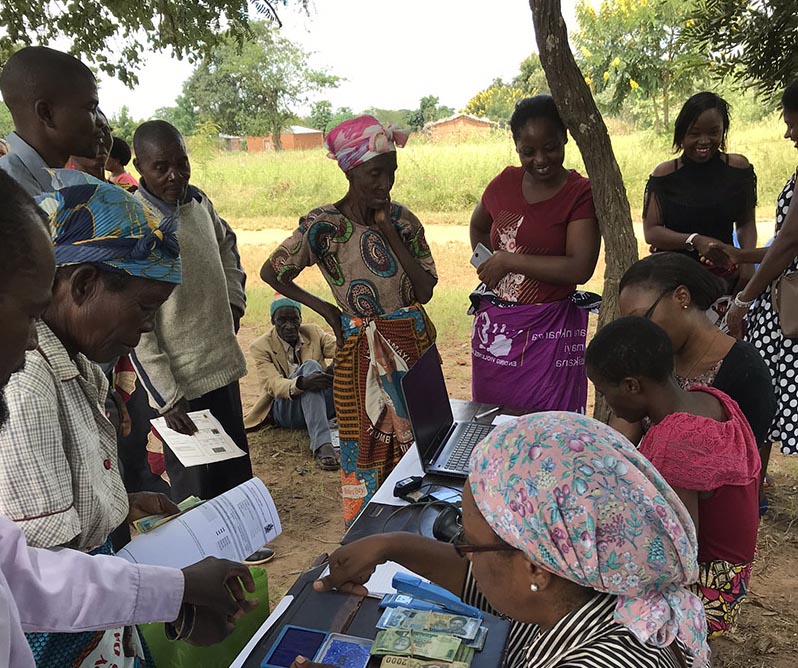Development finance
KfW’s foreign portfolio

The top priorities are to improve people’s prospects for higher standards of life as well as to protect the climate and the natural environment. In the context of development cooperation, KfW disburses concessional credits as well as grants. The credits often serve to support infrastructure projects in the transport, electricity, health care and agriculture sectors. One example is a metro construction in the Indian city of Nagpur. A new 42-kilometre elevated light rail system is currently being built there with a concessional credit of half a billion euros from KfW Development Bank. It is scheduled to go into operation in 2020 and make an important contribution to environmentally friendly public transport (see contribution in the Tribune section in D+C/E+Z e-Paper 2019/01).
Two other KfW subsidiaries also involved in international affairs are the DEG (Deutsche Investitions- und Entwicklungsgesellschaft) and the IPEX Bank. The DEG promotes private-sector investments in developing countries and emerging markets, cooperating both with German and local companies. Examples include textile producers in Bangladesh (see contribution in the Tribune section in D+C/E+Z e-Paper 2017/05) and a private hospital in Mozambique.
The IPEX Bank finances projects that specifically facilitate export industries in the medium and long run. (sb)














